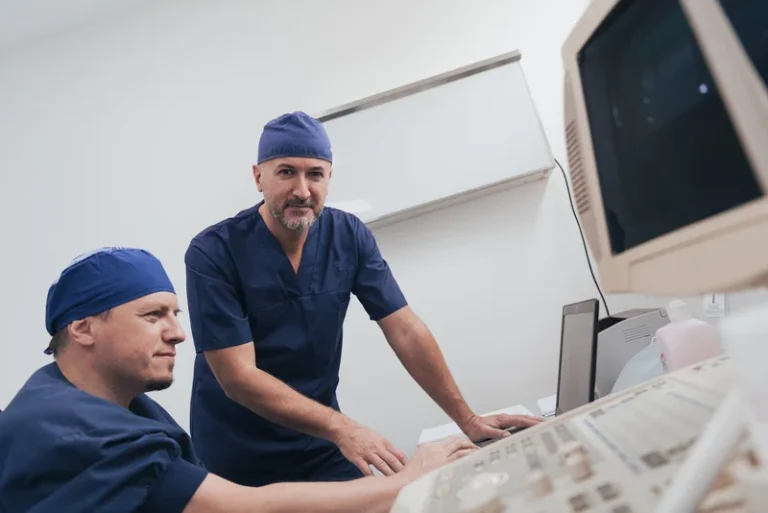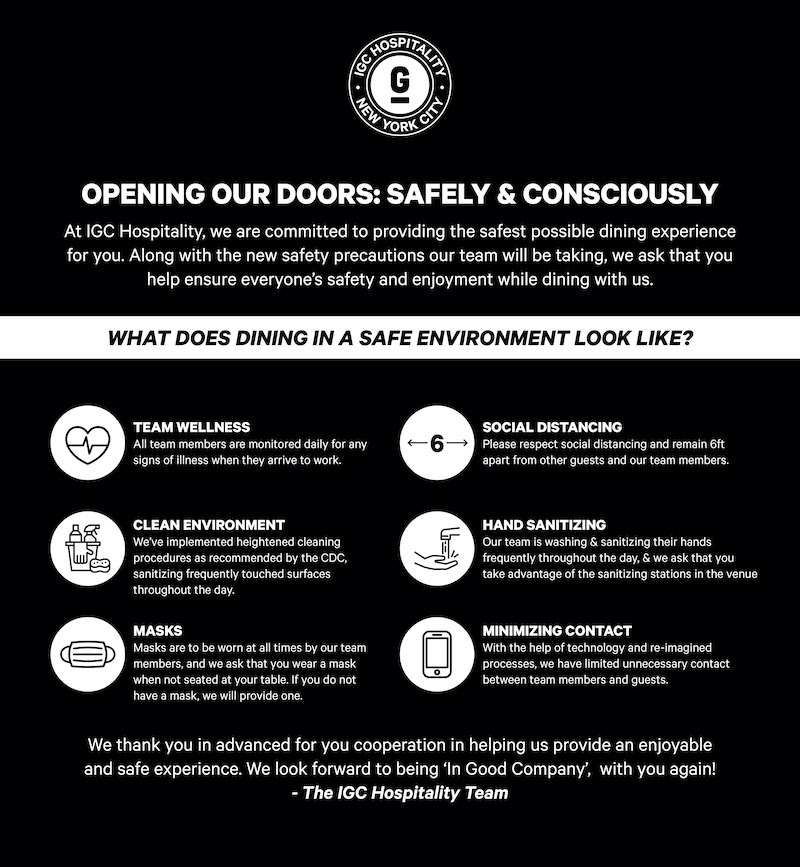Alcohol Shakes & Tremors: When Do I Need Professional Help?
Stay close to family and friends while getting the support you need. Tremors usually begin to calm around days five to seven after the last drink but can linger for weeks or months. In rare cases, they can appear seven to 10 days after the last drink.
When should I seek emergency care for a hangover?
These groups can support individuals during recovery from alcohol abuse. If you’re regularly dealing with shakes or other severe hangover symptoms, it might be time to take a step back and reevaluate your relationship with alcohol. Quitting alcohol can feel daunting, but it’s one of the best decisions you can make for your health shaky after drinking alcohol and well-being. If you’re ready to take that step, consider reaching out to a healthcare professional, a support group, or a trusted friend or family member.
Our Simple Admissions Process
This can cause alterations in the brain’s neurotransmitters, such as glutamate and GABA, resulting in shaking after drinking. Also, as you age, the body’s ability to get rid of alcohol and other toxins might decrease, causing more severe and long-lasting symptoms. It’s crucial to recognize that shaking after drinking can be a sign of a more significant issue, such as alcohol use disorder.
What Are The Signs and Symptoms of Delirium Tremens?
- Low blood sugar levels may trigger symptoms like shakiness, dizziness, and irritability.
- They usually occur when your body is adjusting after a long period of heavy drinking.
- Healthcare providers assess your condition, monitor your vital signs, and administer medications like benzodiazepines to control tremors and reduce overstimulation of the nervous system.
- Elevate is currently offering immediate enrollment in inpatient, outpatient, or telehealth programs.
For some individuals, hangover shakes can be so severe that they interfere with daily activities. They may find it difficult to hold objects or perform tasks that require fine motor skills. Additionally, the anxiety and discomfort caused by the shakes can exacerbate other hangover symptoms and make recovery more challenging. Treatment for alcohol shakes and tremors depends on the severity of alcohol use.
Struggling With Addiction or Mental health Issues?
It’s crucial to recognize that these tremors reflect physiological dependence on alcohol. Therefore, monitoring their occurrence and severity is vital for determining the need for professional help or intervention. Hangover symptoms, including shakes, usually peak when blood alcohol concentration returns to zero. They may linger for a full day or longer, underscoring the importance of rehydration and rest in recovery.
With proper self-care measures and moderation in alcohol consumption going forward, most individuals can recover from hangovers without experiencing significant long-term effects on their health. If you are concerned about your alcohol consumption or are experiencing symptoms that interfere with your daily life, it’s important to speak with a healthcare professional. In these cases, it’s important to take extra precautions when drinking alcohol and to seek medical advice if you experience any unusual symptoms. The best way to prevent hangover shakes is to avoid drinking too much alcohol in the first place.
When Shaking Is Caused by Brain Damage
Make sure to drink plenty of water before, during, and after drinking alcohol. This can help prevent dehydration and reduce the severity of hangover shakes. Most symptoms of alcohol withdrawal begin by the time the person hits 24 hours without a drink. However, in some of the more serious instances, these effects can go on for much longer.
Our Treatment Centres
- When someone is struggling with chronic or long-term alcohol dependence, they may experience tremors.
- It’s firing signals incorrectly to the body, and tremors may be one of the consequences of this.
- Its effects include slowing down parts of the central nervous system.
- This damage can impede the brain’s ability to communicate properly with muscles and nerves, provoking symptoms like alcohol abuse shaking hand or fingers.
- Just as the duration of tremors can vary, the ideal treatment can differ based upon withdrawal severity.
- Implementing these strategies has made socializing less stressful while allowing me greater enjoyment without worrying about potential tremors ruining the experience.
This imbalance overstimulates the nervous system, leading to disjointed nerve signaling and involuntary movements, commonly seen as tremors. It’s important Alcoholics Anonymous to remember that if physical symptoms persist even when someone isn’t drinking, they should seek advice from a healthcare professional as soon as possible. Each day, take time to revisit your recovery goals and the reasons you decided to stop using alcohol. After discharge from treatment, follow-up aftercare is vital for successful long-term recovery.
Dehydration
Residential treatment requires people to live in the facility full time, with around-the-clock supervision. Here, professionals aid people who are detoxing using medications and therapies. Once detox is complete, most people will need further help to maintain abstinence long-term. This can come in the form of treatments like therapy or support groups.








